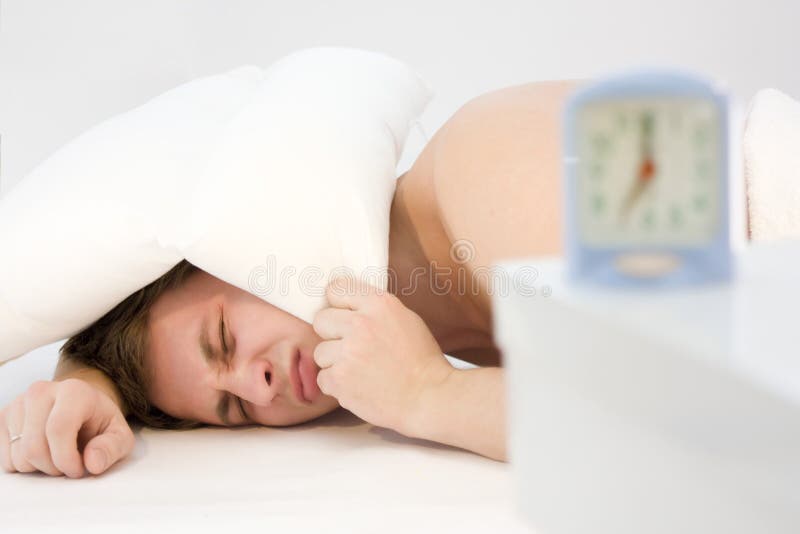

Vivien Williams: He also suggests keeping your bedroom as dark and quiet as possible. A natural bedtime for most infants, toddlers, and. Preschool children may be put to bed 8:00 and 9:00 p.m. Toddlers may be put to bed between 7:00 and 9:00 p.m. It's not for spreadsheets, it's not for watching TV. This can result in a young child sleeping on a late schedule that may not match her natural sleep rhythms. For instance, if the desired wake-up time is between 7:00 and 8:00 a.m.: Infants may be put to bed when sleepy, between about 7:00 and 8:00 p.m.

Keep in mind: the calculator does not consider how long a person needs to fall asleep. It suggests sleeping time based on the stages of sleep and helps avoid waking up in the middle of the sleep cycle. The bedroom, the bed is for sex and sleep. The Sleep Calculator recommends when to go to sleep in order to wake up feeling refreshed. Somers: We've got bright lights all over the place, and then we switch the lights off, we lie in bed and expect to sleep. Fatigue frequently overlaps with excessive daytime sleepiness, cognitive impairment, and other symptoms of sleep problems. Fatigue: A feeling of a lack of mental or physical energy. Let your body sleep and wake without alarms for 10 to 14 days to find out how many hours you naturally need. Somers offers the following tips: Avoid alcohol and big meals before bed don't exercise right before bed and turn off all screens, including your smartphone, an hour before bed.ĭr. Excessive daytime sleepiness (EDS): Drowsiness or difficulty staying alert or awake during the day. Vivien Williams: Poor sleep may increase your risk of conditions such as heart disease, obesity, depression, dementia. Somers: Sleep is very much a multidisciplinary specialty for good reason because sleep affects all the organs of the body. This paper presents a flexible algorithm named BTP (Bedtime Prediction), which is designed for predicting wake time and bedtime by analysing screen status of smartphone. In the evenings, there are several routines that are often suggested, such as avoiding electronics 30-60 minutes before bed and avoiding heavy food and liquids as you’re nearing bedtime. Virend Somers is a cardiologist who studies sleep.ĭr. As a basic component of user profile, bedtime could reflect lifestyle, health condition, and occupation of people. Virend Somers, M.D., Ph.D.: When you don't sleep well, bad things happen.


 0 kommentar(er)
0 kommentar(er)
